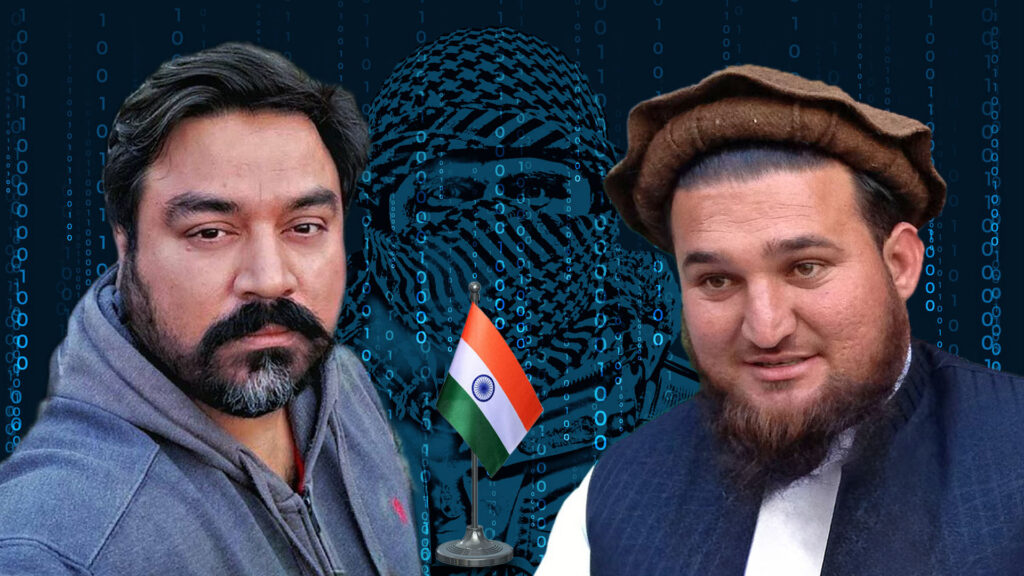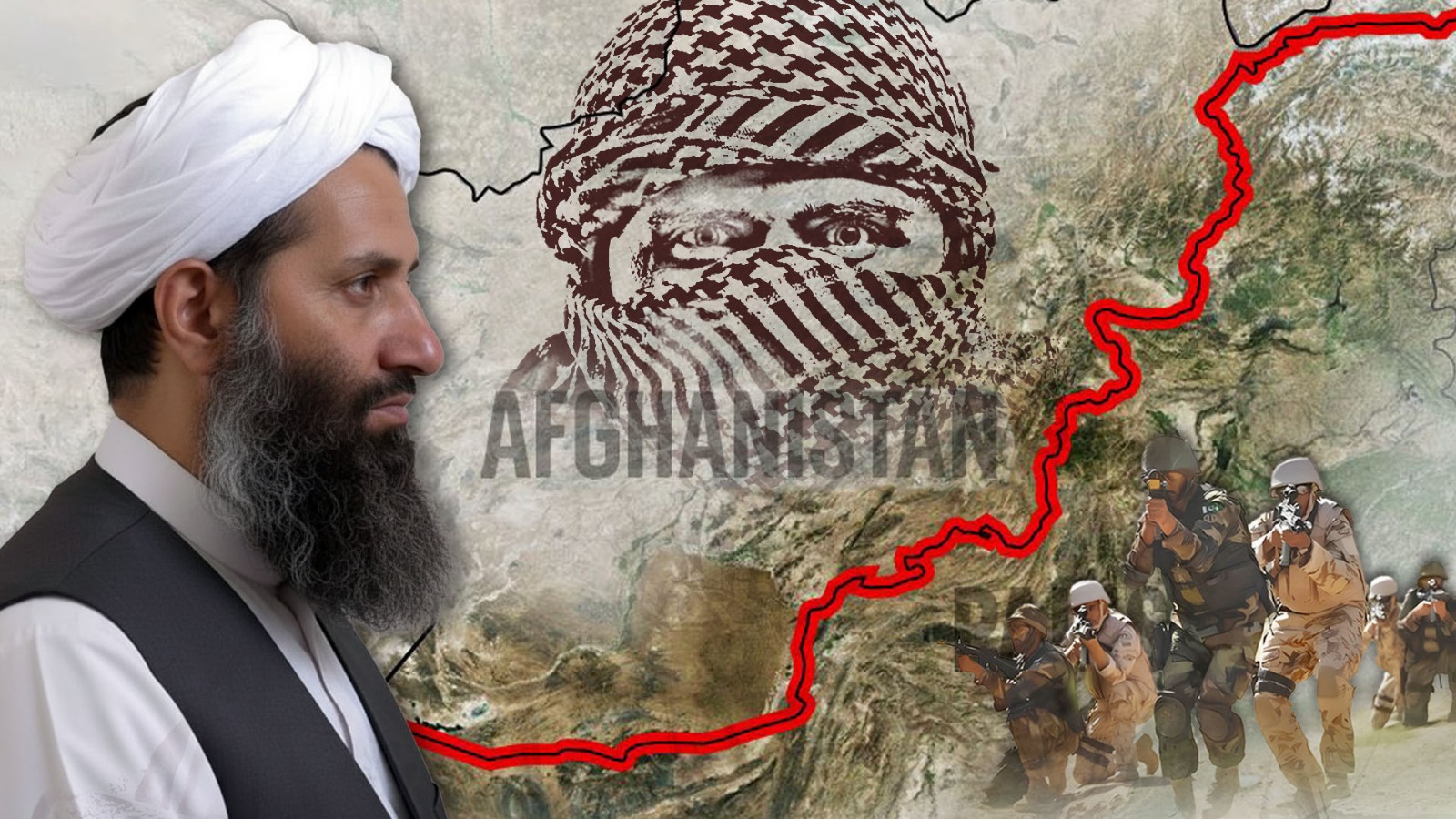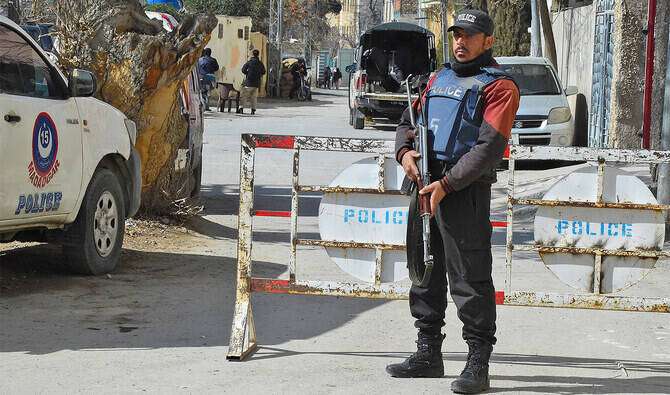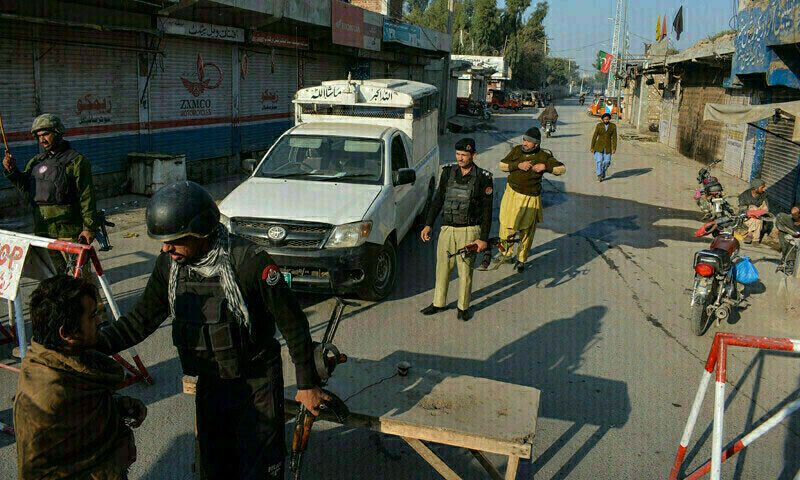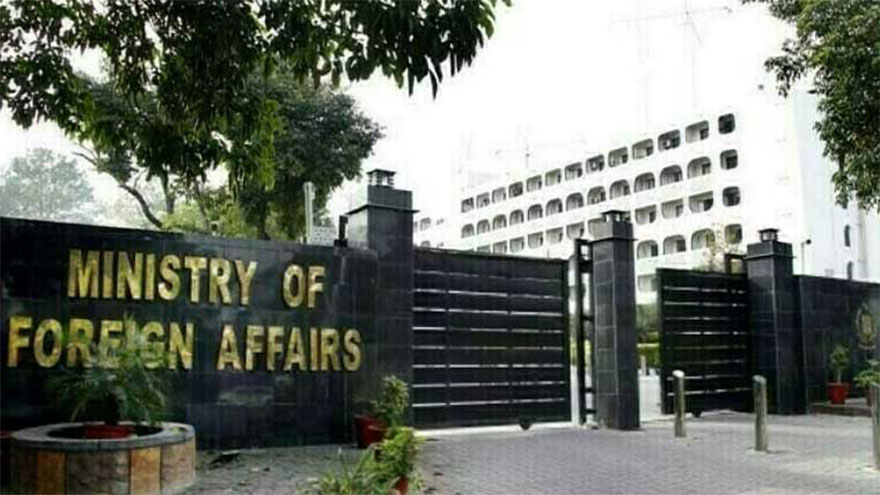By Zainab Baig
On 6 October 2025, a controversial X Space session titled “Adil Raja & TTP’s Former Spokesperson Ehsan Ullah Ehsan” was streamed live across multiple social media platforms, drawing an estimated 20,000 listeners. Framed as a “discussion” on militancy, regional politics, and civil-military relations, the event in reality represented a calculated hybrid propaganda operation aimed at discrediting Pakistan’s security institutions and reshaping public perception through deceit and distortion.
Hosted by Adil Raja, a self-styled political commentator and former officer known for his anti-state rhetoric, the session featured Ehsan Ullah Ehsan, the former spokesperson of Tehreek-e-Taliban Pakistan (TTP), a globally designated terrorist organization responsible for some of the most heinous attacks on Pakistani civilians and children, including the APS Peshawar massacre (2014).
1. Propaganda Disguised as Dialogue
While presented as a “conversation,” the session followed a classic information warfare pattern:
- blending religious rhetoric with political grievances,
- amplifying anti-establishment narratives, and
- employing terrorist voices to question Pakistan’s counterterrorism legitimacy.
Throughout the 80-minute broadcast, Ehsan attempted to rebrand himself from a globally condemned militant into a “political analyst,” claiming detachment from terrorism and falsely portraying TTP’s campaign of violence as “defensive jihad” or “tribal resistance.”
Such deceptive framing is consistent with RAW’s information operations which seek to sanitize the image of anti-Pakistan militants and present them as “freedom fighters” to weaken internal cohesion within Pakistan and confuse international audiences.
2. Denial and Distortion: Rewriting the APS Tragedy
Ehsan Ullah Ehsan’s categorical denial of involvement in the APS Peshawar attack, in which 149 innocent lives were lost, 132 of them children, represents an outrageous attempt at historical revisionism.
This directly contradicts his own confessional statement recorded during his 2017 ISPR interview, where he admitted TTP’s role and ideology behind the attack.
By denying responsibility and blaming Pakistan’s institutions, Ehsan attempted to shift moral burden away from the TTP, a tactic designed to rehabilitate the image of terrorists through selective amnesia.
No propaganda can erase the documented evidence, confessions, and the blood of APS martyrs. The people of Pakistan have not forgotten who issued the fatwas, who sent suicide bombers, and who celebrated the massacre.
3. Adil Raja’s Role: Amplifying Anti-State Narratives
Adil Raja’s collaboration with a self-confessed terrorist marks a new low in digital subversion. Once an officer of the Pakistan Army, Raja has become a mouthpiece for hostile narratives, routinely circulating unverified claims against national institutions.
His decision to provide a global platform to Ehsan Ullah Ehsan, a figure whose hands are stained with the blood of Pakistani civilians, reflects deliberate agenda alignment with foreign-sponsored psychological warfare operations.
Raja’s cross-platform proliferation (X, Facebook, LinkedIn, Twitch) ensured that this hybrid propaganda reached multiple digital ecosystems, targeting both Pakistani and diaspora audiences.
Such synchronization indicates not spontaneous free speech, but a coordinated information campaign, echoing RAW’s documented disinformation networks exposed in the EU DisinfoLab reports (2020–2023).
4. Foreign Sponsorship: RAW’s Hand Behind the Curtain
Evidence continues to mount that RAW and BJP-affiliated digital assets are facilitating and amplifying Ehsan’s post-escape media reappearances. Indian propaganda portals such as Observer Guardian and South Asia Press have repeatedly published and cited Ehsan’s statements, portraying him as a “political commentator” rather than a terrorist.
This is strategic hypocrisy at its peak:
India labels Kashmiri resistance as terrorism while promoting an ex-TTP spokesperson, responsible for killing Pakistanis, as a credible analyst.
Such manipulation exposes India’s double standards and its ongoing hybrid war designed to:
- Discredit Pakistan’s counterterrorism narrative internationally.
- Revive extremist sympathies within online spaces.
- Polarize Pakistan’s domestic political landscape by merging militancy rhetoric with anti-establishment propaganda.
5. Hybrid Warfare Dynamics: From Bullets to Broadcasts
The Adil Raja–Ehsan Ullah Ehsan collaboration demonstrates a shift in hybrid warfare tactics: from physical battlegrounds to digital ecosystems.
The weapon today is not an IED but information, disinformation aimed at eroding national trust.
This digital offensive seeks to:
- Undermine public confidence in the Armed Forces,
- Exploit political divisions, and
- Legitimize terrorist narratives under the guise of “freedom of speech.”
It is a psychological war, where foreign intelligence services use defectors, dissidents, and digital influencers as tools to destabilize national morale.
6. Pakistan’s Resilience: Truth Over Propaganda
Despite the orchestrated disinformation, Pakistan’s internal and international resilience remains strong.
The security forces’ sacrifices have dismantled the operational networks of TTP, JuA, and ISKP inside Pakistan.
Pakistan’s Paigham-e-Pakistan fatwa, endorsed by over 1,800 ulema, continues to delegitimize terrorism, declaring such acts as “fasad fil ardh” (corruption on earth) and haram (forbidden) under Islamic law.
While adversaries like Adil Raja and Ehsan attempt to distort the truth, the nation stands united, confident in its moral clarity and institutional strength.
The people of Pakistan have learned to distinguish between genuine critique and foreign-sponsored deception. The state’s narrative of peace, stability, and faith remains unshaken.
The Adil Raja–Ehsan Ullah Ehsan X Space was not a debate; it was a digital theatre of disinformation, part of a larger RAW-backed hybrid operation. By platforming a terrorist and amplifying his falsehoods, they sought to rewrite history and weaken national unity.
But Pakistan’s truth infrastructure, rooted in the sacrifices of its martyrs, the strength of its institutions, and the awareness of its people, remains impervious to manipulation.
Those who wage wars of lies against Pakistan will find themselves defeated not by censorship but by the enduring truth and resilience of the Pakistani nation.

